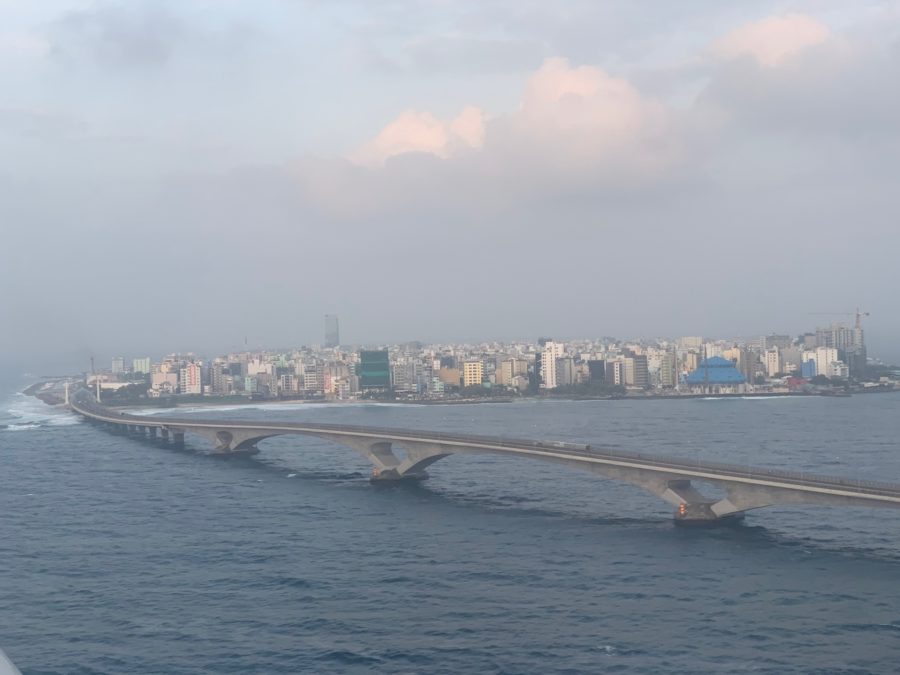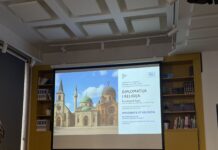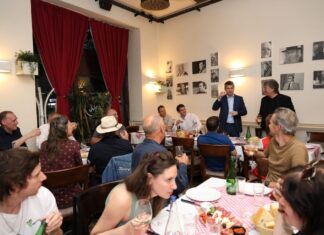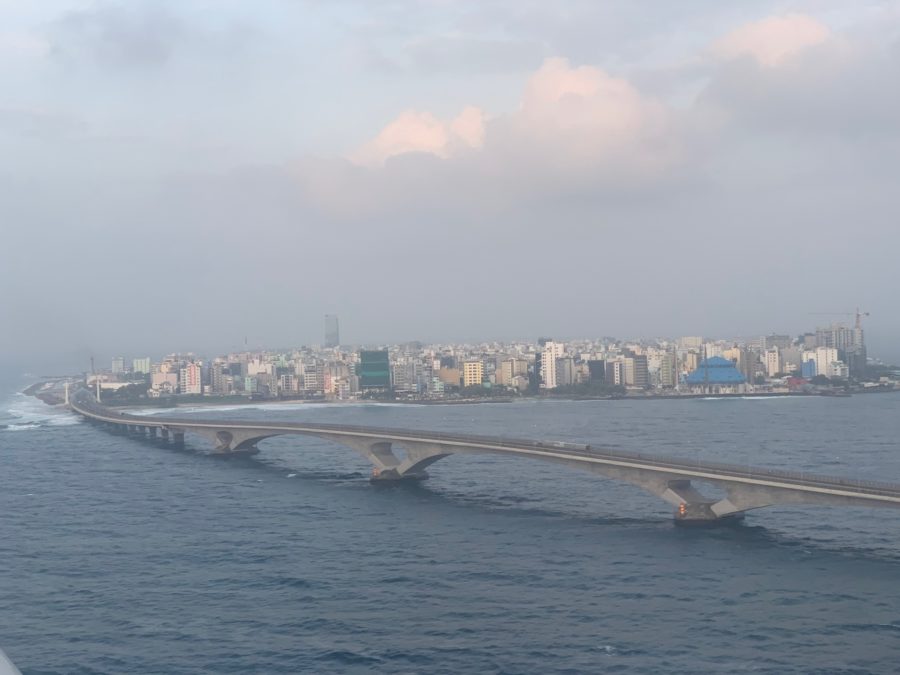
Before I came to Maldives, my non-resident predecessor told me that being the first resident UK Ambassador* to Maldives would provide a great opportunity to get out to islands that diplomats hadn’t reached in many a year. In my previous posting, in Seychelles, I’d been limited to a small number of affordable islands. So I made it my plan — once I had set up the new office and recruited a team — to get to as many of the 1,200 Maldivian islands as possible. Then C-19 darkened our doors.
It’s not easy getting to know a country when you’re confined to a flat on an island you can run around in under an hour. But, as John Donne wrote in 1624, “no man is an island entire of itself”. The spiritual connections he wrote about back then have since been augmented with technological ones.
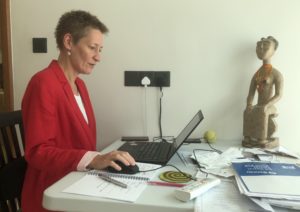
So, the other week, I found myself on a virtual odyssey, interviewing candidates by video conference for the UK’s Chevening scholarships and for a climate change job in “team BHC”. What a pleasure it was to hear the views, hopes and fears of twenty Maldivians involved in areas ranging from environmental protection, social issues and economics to law, health and science – all while maintaining social isolation rules that my team and I have diligently been practising now for weeks.
One common theme was a lack of data – on almost everything. When useful information is gathered, this is often not shared. Sometimes, foreign researchers such as marine biologists visit, collect data and take it away without considering its value to Maldives (and, arguably, its entitlement to access). Sometimes, data are available in a raw format but can’t be manipulated and analysed without appropriate software, time and skill. And, sometimes, information is not shared among groups that may have common objectives, but who compete for funding. Many I interviewed were passionate about data and the potential insight it represented: the opportunity to test their theories and figure out evidence-based solutions to social and environmental problems.
The lack of qualified experts was a recurrent point. As is the case in all islands with small populations, there are insufficient trained, qualified people in areas as diverse as social work, economics and conflict resolution. Sure, these skills can be provided by foreigners. But the point that many made was how important it is to adapt imported solutions, methods and expertise to local circumstances – be that understanding how highly-salinated air affects construction or how a public consultation ‘town hall’ meeting might not adequately represent the views of women. Or even simply being able to communicate well in Dhivehi. And, violence, radicalisation and extremism in Maldives would not be solved by foreign counter-terrorism efforts but by locally-tailored conflict resolution and community cohesion facilitated by well-trained and informed Maldivians.
Some identified a need for better-drafted national legislation, or for the law to be supported by a regulatory framework that can be effectively monitored and enforced locally. Such measures would ensure that well-intentioned policies thought up in the corridors of power survive contact with reality. For example, ensuring that property developments don’t cause environmental damage, destroying coral reefs or removing en masse mature palm trees, causing devastating erosion and habitat loss on islands and in fishing areas.
Finally, from these conversations, I would highlight integration: organisationally, the need to cut across silos and to avoid fiefdoms guarded by self-interest. This would enable more efficient responses to an emergency or more nuanced approaches to social policy implementation. Interpersonally, there is the need to have equal respect between women and men, Maldivian and foreigner. And, in this delicate necklace of atoll island groups, there is the need for better access between islands (Greater Male’ and the other atolls being my equivalent of ‘town and country’) and the empowerment of islanders to have the means to develop local solutions and services.
My twenty conversations highlighted these challenges – which are, in my experience, common in small island/large oceanic nations. What was never lacking was well-educated intellectual curiosity, a passion to change Maldives for the better, and personal commitment to a chosen cause.
* Footnote: I was an Ambassador until February 2020 when Maldives rejoined the Commonwealth


